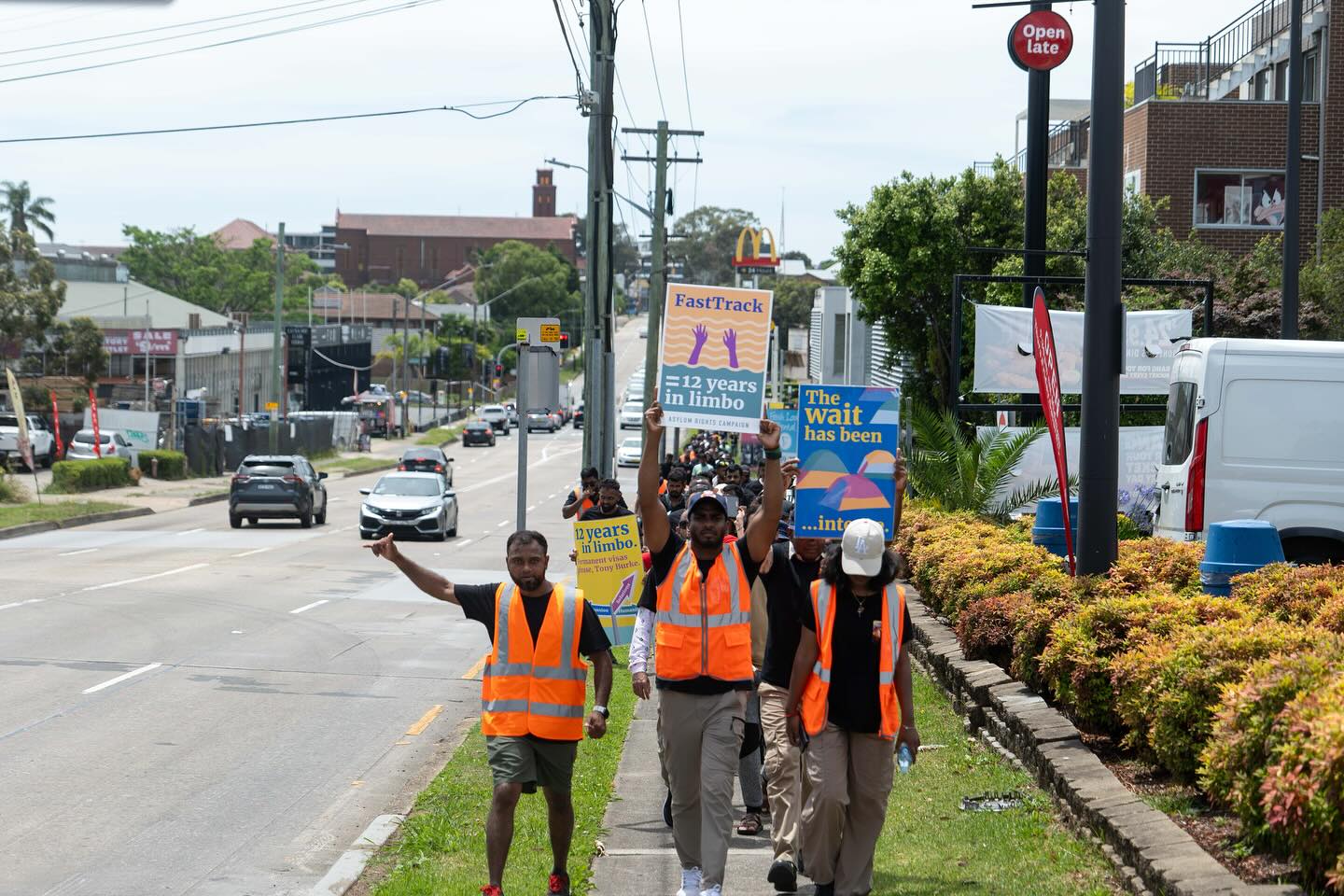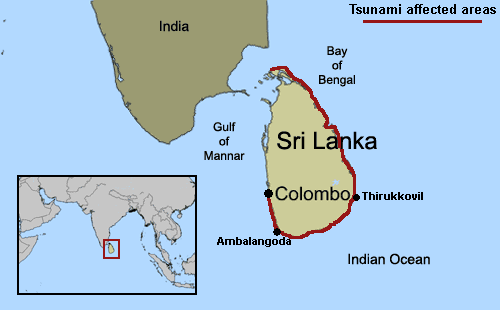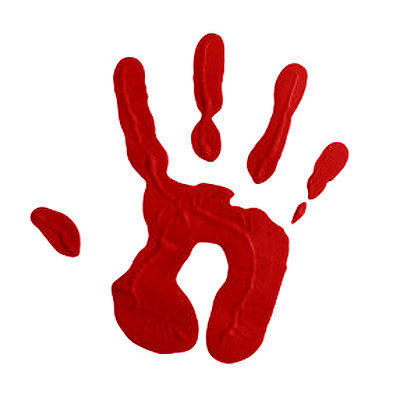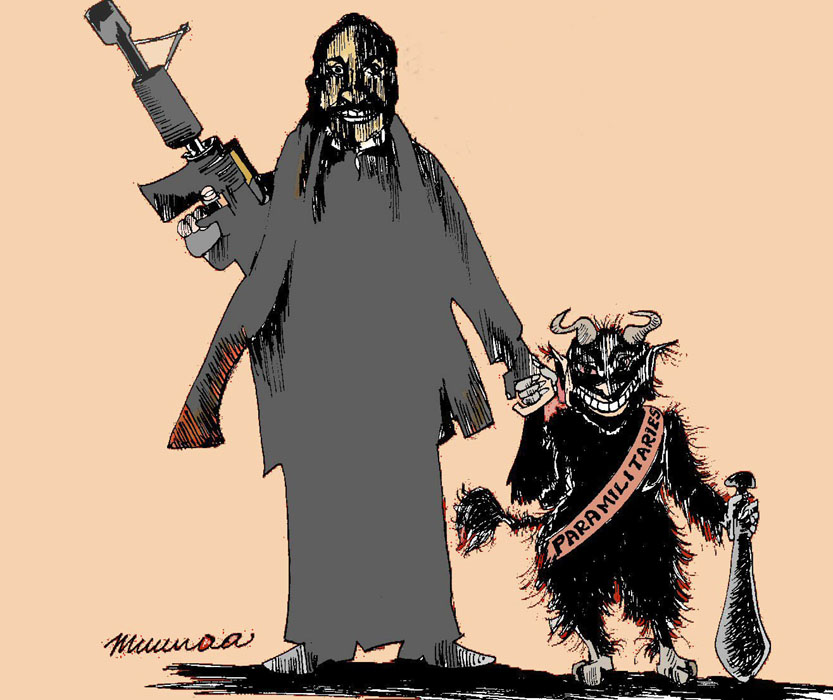The categories of war crimes for which Sri Lanka’s top civilian and military leadership are responsible expanded this week to include
rape,
forced prostitution and
trafficking into sexual slavery, based on a Wikileaked US embassy cable of May 18, 2007.
(See the full text of the cable here, and a summary of the sex-related crimes it outlines here.)
Tamil paramilitaries ran prostitution rings for Sri Lankan troops in government-controlled parts of the Northeast, and child sex trafficking rings using their networks in India and Malaysia, and they did so with the knowledge and support of the Sri Lankan government, the US cable revealed.
Article 7, para (g), of the Rome Statute lists “rape, sexual slavery, enforced prostitution, forced pregnancy, enforced sterilization, or any other form of sexual violence of comparable gravity" as crimes against humanity "when committed as part of a widespread or systematic attack directed against any civilian population."
The US cable leak comes on the tenth anniversary of the landmark UN Security Council Resolution 1325, which specifically addresses the impact of conflict, particularly sexual violence, on women and girls.
The below report looks at the international legal context of the sexual crimes described in the US cable, Colombo's response, and some of the past documentation of rape by the Sri Lanka's armed forces.




